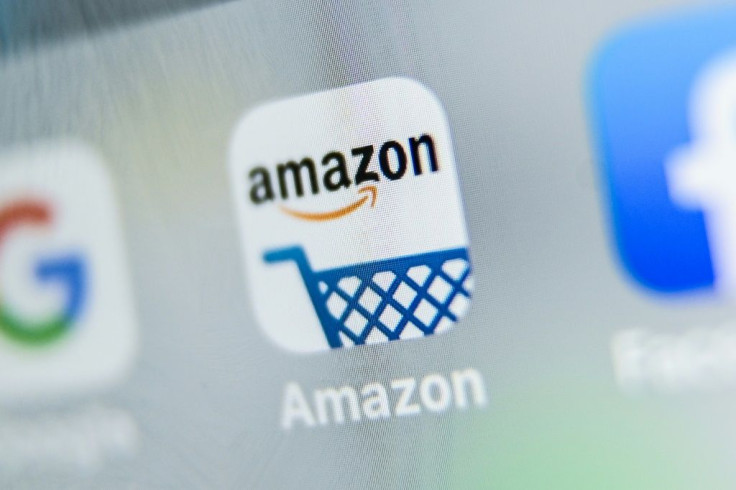Amazon Adds Smarter Carts For Quicker Grocery Shopping, Here’s How They Work

Amazon (AMZN) has introduced shopping carts that make it faster and more convenient to shop by automatically tracking the items put in the cart, enabling consumers to eliminate the checkout line. The new Dash Carts will first be featured at Amazon’s Woodland Hills, California, grocery store, set to open this year.
To use the Dash Carts, shoppers will need to have an Amazon account and a smartphone. Shoppers simply scan a QR code located within the Amazon app to begin loading items into the cart.
The Smart Cart is fitted with computer vision algorithms and sensor fusion to recognize merchandise that is put into the cart. A a scale is integrated to weigh items if necessary.
A coupon scanner also allows for rebates, and price adjustments are made as a consumer removes or adds items from the cart.
Customers can then exit the store through the Dash Cart lane where the credit card linked to their Amazon account is charged. A copy of the receipt is then emailed to the consumer.
Integration of the Dash Carts was not without challenges as the Woodland Hills grocery stores has a complex layout and a huge selection of items.
“You need to be able to add that and keep track of all of that and it just increases the complexity,” Dilip Kumar, Amazon vice president of physical retail and technology, told CNBC. “Plus, the weighing component of it also has to be very robust to be able to allow for a very accurate receipt experience for a customer.”
With the cashierless technology Amazon is looking to make shopping easier for consumers and build on its Amazon Go convenience store model, which allows consumers to buy items without waiting in checkout lines, CNBC said.
Shares of Amazon were trading at $3,009.72 as of 10:22 a.m. ET, down $94.28 or 3.04%.
© Copyright IBTimes 2025. All rights reserved.





















